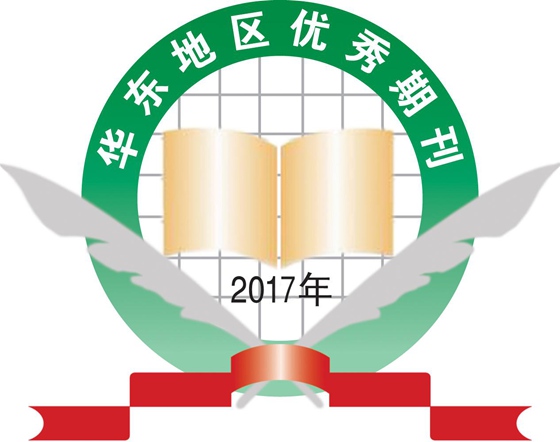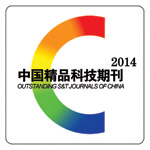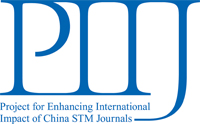Background:
Fibromyalgia (FMS) is a syndrome characterized by chronic widespread musculoskeletal pain, whose etiology is not completely understood. Different therapeutic approaches have been used with inconsistent results. This observation does not invalidate the continued search for alternative treatments aimed at improving quality of life (QoL) in FMS.
Objective
This study compared three classical traditional Chinese medicine (TCM) therapies: acupuncture (AC), electroacupuncture (EAC) and moxibustion (MX) in the management of pain and promotion of QoL in FMS patients.
Design, Setting, Participants and Interventions:A preliminary, group-assigned, comparative study enrolled 30 women, mean age (46.90±9.24) years (range 20-60 years), who met the 1990 American College of Rheumatology criteria for FMS diagnosis and a pain-pressure threshold (PPT) > 4 kg/cm
2. The study was conducted in a teaching tertiary-care medical institution from May 2010 through April 2012. AC, EAC and MX were delivered for 30 min, once a week, for 8 weeks, bilaterally at Neiguan (PC6), Hegu (LI4), Yanglingquan (GB34), Sanyinjiao (SP6) and Taichong (LR3) acupoints.
Main Outcome Measures
Each week, immediately before treatment and after treatment, subjects were tested for PPTs, Wong-Baker Faces Pain Scale (WBFPS; for pain intensity) and Medical Outcomes Study 36-item Short Form Health Survey (SF-36: for QoL).
Results
There was no significant improvement in pain or reduction of tender points in any of the groups studied, at the end of the 8th session. Significant improvement of QoL was perceived in vitality (after AC treatment) and in mental health (after EAC and MX treatments).
Conclusion
TCM therapies (AC, EAC and MX) promoted an improvement in the QoL in two areas (vitality and mental health) in FMS women. Further large-scale clinical trials are required to confirm this effect.
 Table of Content
Table of Content














